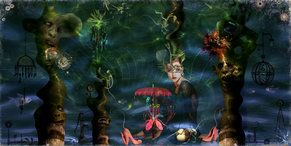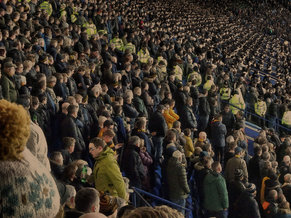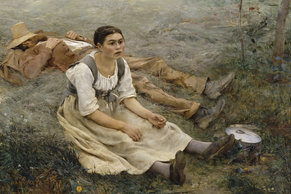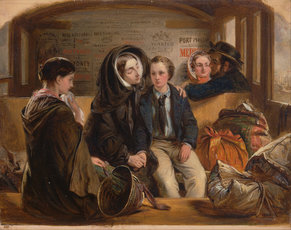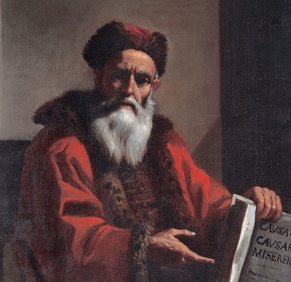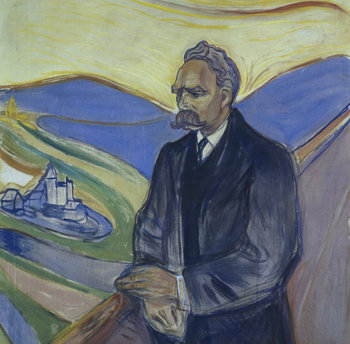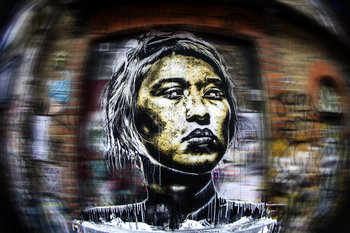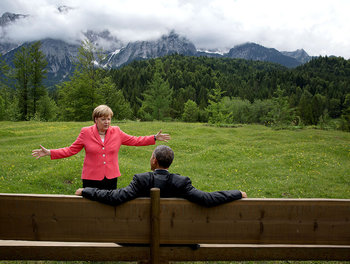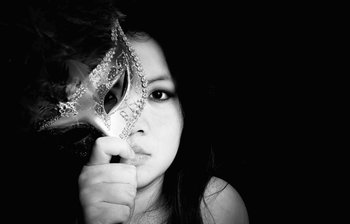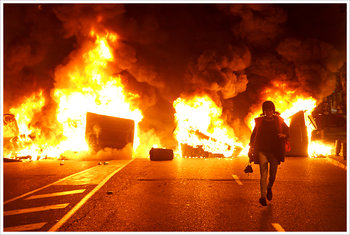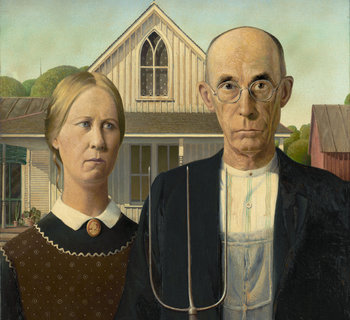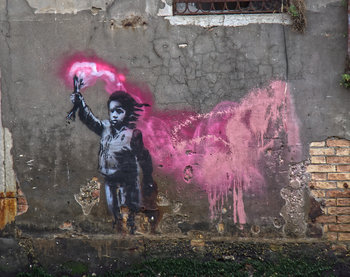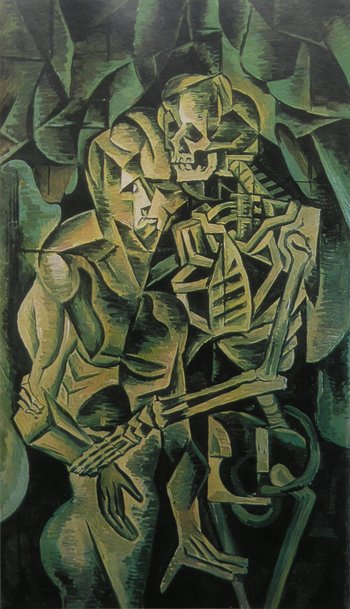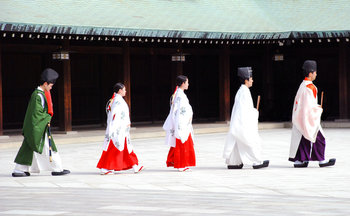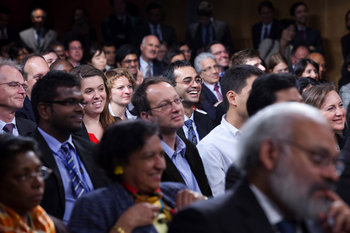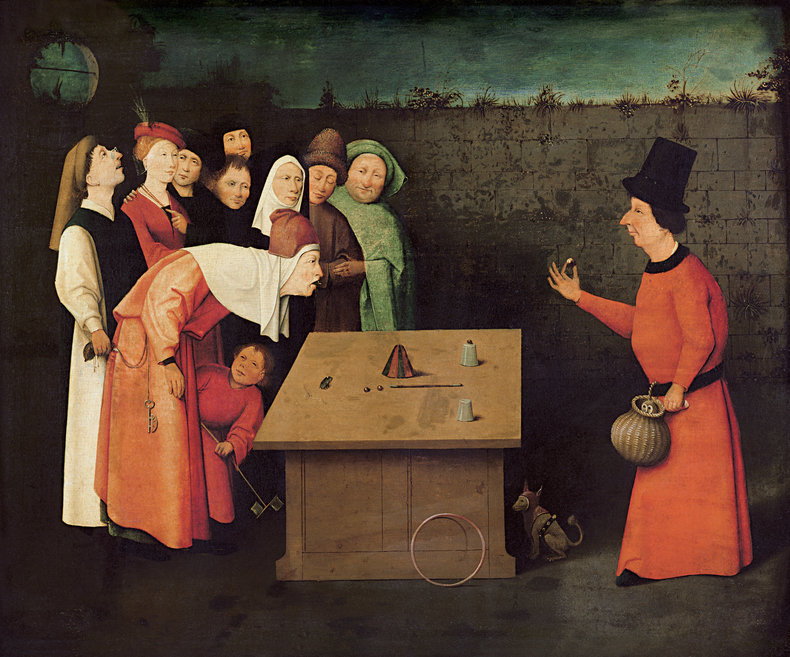
Marxism
Critical theory is viewed as a Western-Marxist philosophy that views history in terms of class struggle.Modernism
Critical theory has two distinct types associated with modernism and postmodernism. Modernist critical theory retains a universalist moral framework whereby there are principles of right and wrong that can be used to evaluate systems.Postmodernism
Postmodernist critical theory rejects the very existence of universal principles. This is a bit paradoxical as the rejection of universal theories is itself a universal theory. Likewise, postmodernist critical theory makes other universal assertions such as the idea that systems are inherently oppressive power structures.History
History is viewed as the history of oppression as opposed to noting any positive outcomes such as societies that survived, thrived, improved and progressed.Systems Produce Misery
Critical theory makes the assumption that systems and history produce unsatisfactory quality of life for the masses such that they are miserable victims of oppression. There is no sense that historical or contemporary masses participate in society and culture because it benefits them. If the masses are content with a system, the elite has simply tricked them.Agency
Individual agency is downplayed in favor of the view that the masses are hapless victims of systems.Elite
Where the masses are viewed as powerless in their own situation, the elite are viewed as all powerful such that they are completely responsible for all social problems. Critical theory views the elite as an oppressive force. This can be contrasted with views such as American pragmatism that accepts the capitalist elite as an entrepreneurial force that creates immense value.Power Structures
Power structures such as societies are viewed as systems of control as opposed to systems that create economic value and quality of life for large populations.Ideology
Ideology is viewed as the source of all social problems. In practice, postmodern critical theory resembles an ideology itself.Rationality
Critical theory promotes rationality as the alternative to ideology. However, postmodern critical theory doesn't accept universal principles such that this rationality is subjective and contextual. Critical theory's embrace of rationality isn't particularly unique as many social philosophies and ideologies make the same claim of being the rational alternative to senseless ideology. Critical theory also has a starting point of strong Western-Marxist assumptions regarding society, history and human nature such that it is ideological in practice.Language
Language is viewed as a tool of control. As such, critical theory calls for reengineering the language to achieve Marxist goals such as defeating capitalism.Social Constructs
Postmodern critical theory tends to view all elements of society and culture as tools of control and oppression. For example, sports wouldn't be viewed as adding to quality of life but rather as a grand scheme to distract the masses.Freedom
Critical theory is presented as seeking freedom from domination. In fact, individual liberty is presented as its primary or sole goal. However, the economic freedoms that form the basis of capitalism appear not to be included. For example, the freedom to start a business and retain the value created by that business would create the same elite that critical theory seeks to prevent. As with other Marxist theories, critical theory isn't really about creating freedom -- it's about class struggle.Subjective Experience
Postmodern critical theory views everything in terms of subjective experience such that systems are to bend to the individual and not vice versa. For example, as an educational approach it calls for teaching each student according to their learning style. This generally involves pigeonholing students based on concepts from popular psychology as opposed to teaching everyone the same way.Cultural Relativism
Cultural relativism is the postmodernist view that it isn't possible to evaluate other cultures from an objective perspective and that there are no universal truths with which to evaluate other cultures. This leads to the odd situation where domestic society, or all of Western civilization, is viewed as harsh and oppressive but all external societies are not criticized.Pragmatism
Some works aligned to critical theory take a pragmatic view that advocates for change to existing systems such as democratic reform as opposed to overthrowing systems altogether.Notes
Critical theory emerged from a Marxist and Freudian tradition known as the Frankfurt School.The characteristics above are heavily weighted towards postmodern critical theory as this is its dominant current form.| Overview: Critical Theory | ||
Type | ||
Definition | A school of thought that views social problems as the result of oppressive power structures. | |
Related Concepts | ||

